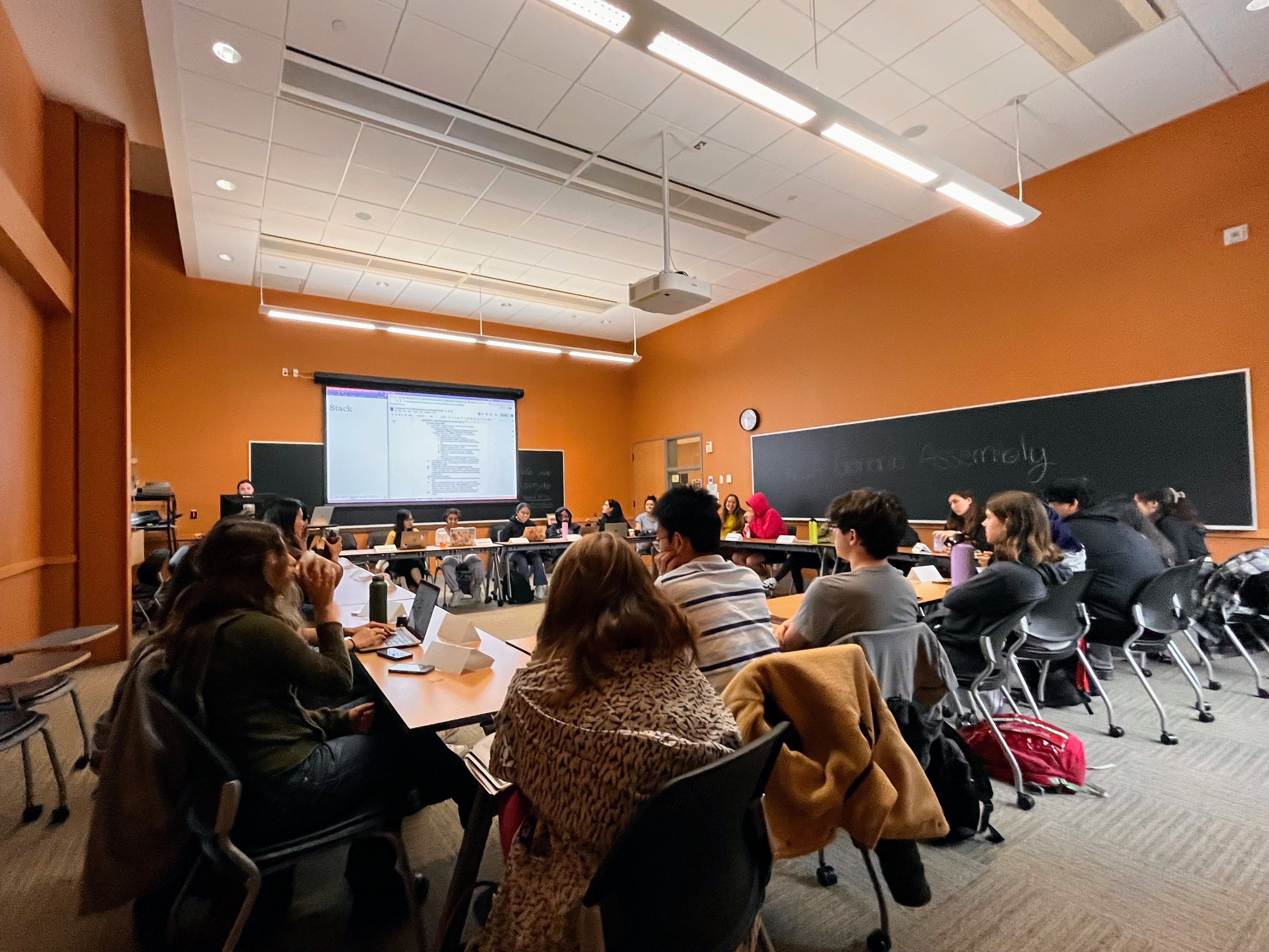
The Wesleyan Student Assembly (WSA) plans to vote on an amendment to increase the Student Activities Fee (SAF) upon its return to campus in January 2024. The amendment aims to tie the SAF, which has not been adjusted since 2015, to the inflation rate. According to the U.S. Bureau of Labor, which tracks inflation based on the Consumer Price Index, inflation has raised prices 30.24% since Dec. 2015. The proposed increase would raise the SAF from $300 to $390, a 30% increase.
If the WSA passes the amendment, the pricing change would be subject to a school-wide referendum. The measure would prevail if two-thirds of the student body approved it. It would then be referred to the board of trustees, who would have the final say over its implementation.
The amendment would also provide a mechanism for adjustments going forward, allowing the WSA to pass an annual increase of up to four percent without a referendum; any increase larger than four percent would require one.
WSA President Orly Meyer ’24 introduced the amendment at the final General Assembly meeting of the semester on Sunday, Dec. 3. Student Budget Committee (SBC) Chair Jonghwa Kim ’25, who is the bill’s primary sponsor, could not be reached for comment.
“The SAF is the basis of the WSA’s budget,” Meyer said. “Since it was adjusted [eight years ago], costs have gone up [significantly]. In order for the Student Budget Committee to continue funding clubs at the rate that we are, the SAF needs to be raised.”
Funds collected from the Student Activities Fee go directly to the WSA, where the SBC has broad discretionary powers over the money’s allocation. Campus organizations must apply to be recognized by the WSA, and only then can they apply for funding. This semester, the SBC has received over $500,000 in funding requests and has approved almost half of that to be distributed to groups ranging from club sports to comedy groups.
Meyer noted that the increase would not affect students who receive financial aid from the University. Aid awards are calculated proportionally to a student’s Expected Family Contribution rather than as a percentage of the total cost.
WSA Senator Zain Punjwani ’26, who sits on the SBC, argued for the importance of the SAF increase.
“We don’t want to…get to a point where we don’t have any money left to support student organizations on campus,” Punjwani said.
Wesleyan Local Food Co-Op Operations Manager Michael Minars ’25, who also works on Long Lane Farm, emphasized the importance of SAF funding.
“We usually get a few thousand dollars from the SBC every year, which lets us pay for seeds, infrastructure development, ground supplies, [and] maintenance,” Minars said.
Additionally, Minars spoke about the occasionally difficult process of obtaining funding for a student group.
“As someone who is in club leadership for a number of groups across campus, the only commonality is that it’s distinctly hard to get funding,” Minars said. “Groups have to fight the SBC and fight departments to get funding. [Also], the Student Activities Fee does not go one hundred percent to student groups. It gets allocated to the WSA, and then parts of it get split off to pay for this and that. The University should pick up the cost of certain things that are vital for school admin purposes.”
According to WSA Senator Judy Liu ’26, who also sits on the SBC, roughly one-third of the SAF goes to funding the operation of the Office of Student Involvement (OSI). Further, she said, a significant portion goes to large events such as Senior Week and the Concert Committee’s Spring Fling.
“[Once that money has been taken out], we’re left with significantly less than we started out with,” Liu said. “In recent years…we’ve been feeling a bit of strain to fund every club that we want to.”
This strain has likely been accentuated this year due to a discrepancy between the expected SBC budget and the actual budget—a note in the WSA Committee Report from Sunday, Sept. 17 reports the SBC budget as $140,000 less than expected.
At Sunday’s General Assembly meeting, Meyer addressed such concerns.
“This raise is going to be done in conjunction with the general reorganization of the WSA’s budget, ensuring that we’re only paying for actual student activities, which is not currently the case…other departments should be funding a lot of the things that we [currently] pay for,” Meyer said.
Meyer also suggested that the WSA’s current usage of SAF funds could violate a variety of regulations.
“We’re asking people for money to fund student activities, but we’re funding things that are not,” Meyer said. “That’s lying to them. We can’t be doing that.”
Miles Pinsof Berlowitz can be reached at mpinsofberlo@wesleyan.edu.


Leave a Reply